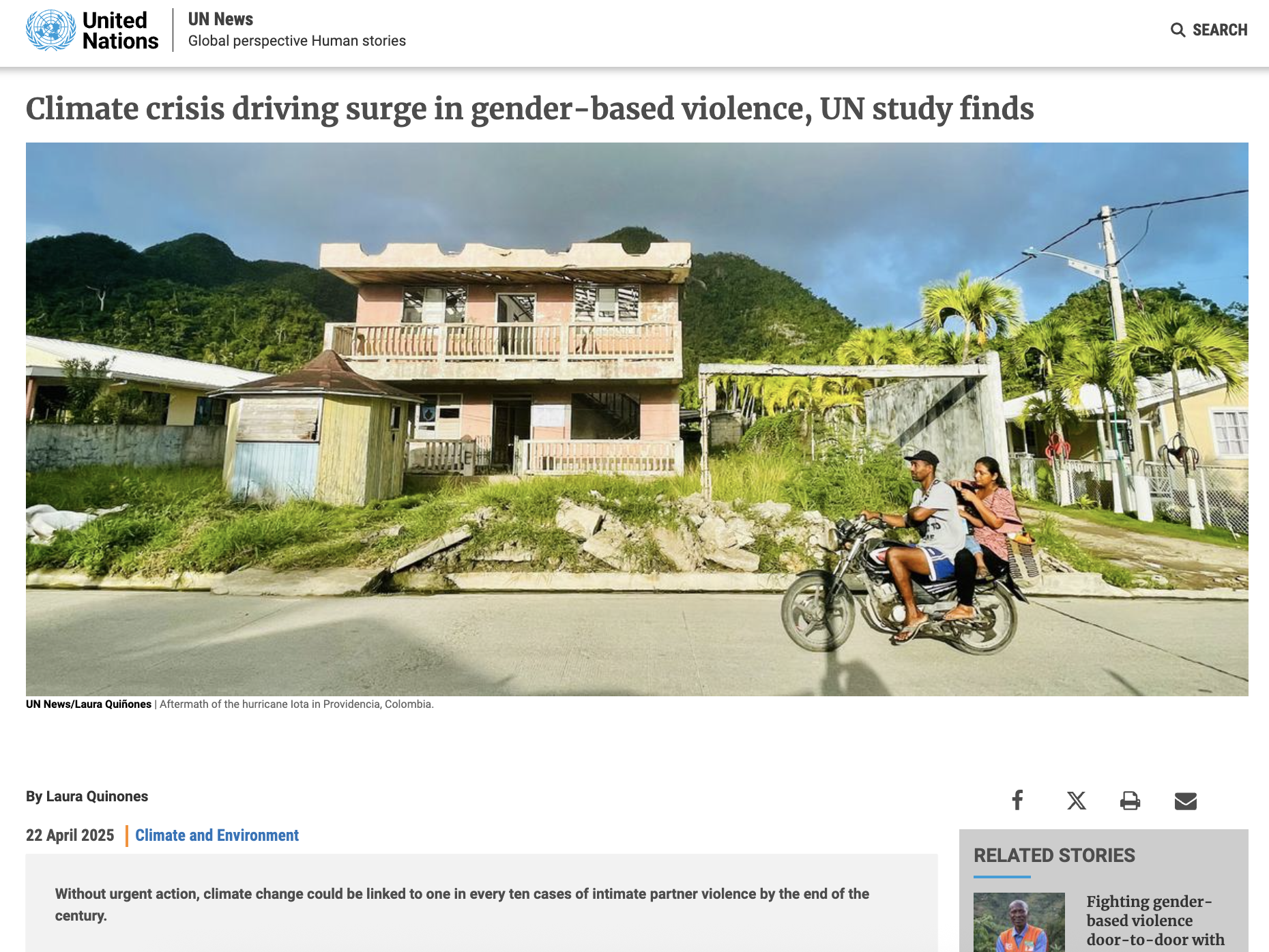‘This is exactly what was predicted’ – Bill Nye says Texas flood death & destruction compounded by ignoring climate crisis
https://www.foxnews.com/media/bill-nye-says-texas-flood-death-destruction-compounded-ignoring-climate-crisis ‘The Science Guy’ blames fossil fuel companies convincing Congress climate change isn’t real By Gabriel Hays Fox News Bill Nye “The Science Guy” said Wednesday that fossil fuel companies and U.S. Congress neglecting the climate crisis is a big


